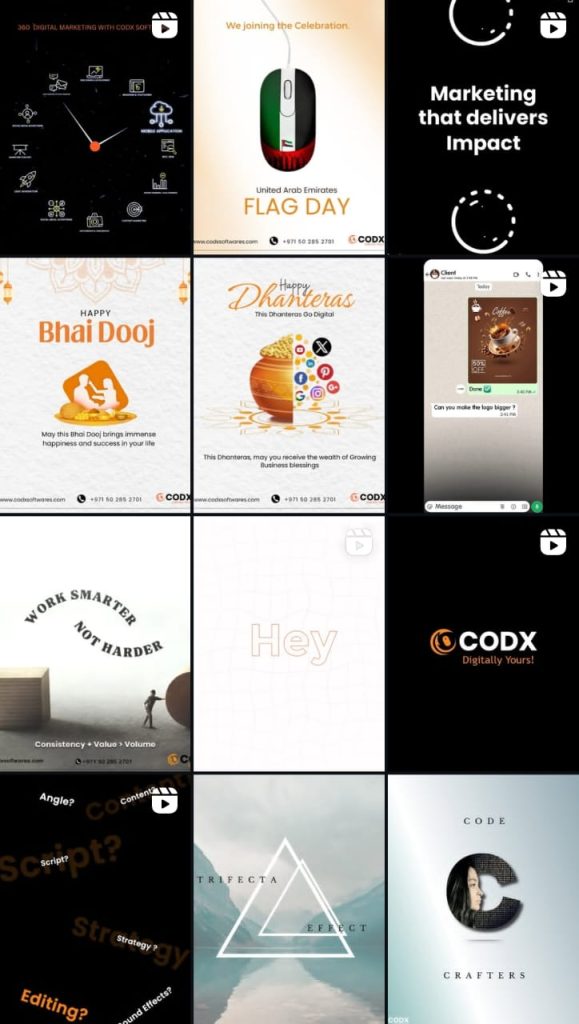The internet whispers are abuzz with “Web3,” a nebulous term promising a decentralized utopia where you own your data, control your assets, and build communities free from corporate overlords. It’s exciting, yes, but before we all don our VR headsets and waltz into this digital Eden, let’s take a reality check.
Web3 is brimming with potential, but like any uncharted territory, it’s riddled with challenges. It’s not just about swapping your Facebook newsfeed for a blockchain bazaar (though that might be tempting!). So, grab your virtual pickaxe and let’s explore the exciting – and sometimes treacherous – landscape of Web3.
Web 2.0 vs. Web3: what’s the difference:
Today’s Web, Web 2.0, is like a bustling city square dominated by towering skyscrapers – Facebook, Google, Amazon. You’re free to roam and interact, but you’re always renting space on someone else’s terms. Web3, in contrast, envisions a sprawling, community-built village. Here, blockchain acts as the shared infrastructure, empowering residents (users) to own their data, build their own homes (dApps), and collaborate on shared goals. Instead of passive consumers, they become stakeholders, co-owners, and active contributors, fostering a more open, equitable, and user-centric digital landscape.
Web3 Explained: Building a New Online Ecosystem
- Decentralization: Imagine a web where no single entity controls your data or dictates your online experience. That’s the dream of Web3, powered by blockchain technology, where power shifts from tech giants to individual users.
Example: Instead of relying on Facebook for social connections, imagine using a decentralized social network on the blockchain. You control your profile data, choose which algorithms curate your feed, and interact with like-minded individuals without worrying about platform censorship or manipulation.
- Ownership: NFTs become your digital deeds, granting you true ownership of everything from virtual land to in-game items and even your online identity. No more renting from big tech landlords!
Example: Purchase a unique piece of digital art represented by an NFT, not just a copy as we do now. You can display it in your virtual gallery, trade it with others, or even use it as your online avatar, all with verifiable ownership on the blockchain.
- Community: Forget the curated feeds and echo chambers of Web 2.0. Web3 fosters organic communities built on shared interests and goals, where collaboration and co-creation thrive.
Example: Passionate about sustainable living? Join a DAO (Decentralized Autonomous Organization) dedicated to green initiatives. Collaborate on projects, invest in renewable energy ventures, and make real-world impact with a community united by shared goals, governed by transparent voting on the blockchain.
But Wait, There’s Sand in the Oasis:
- Complexity: Web3 isn’t exactly plug-and-play. Navigating blockchain wallets, understanding dApps, and keeping your private keys safe can be daunting for the uninitiated.
- Scalability: Blockchains, the backbone of Web3, can struggle with heavy traffic. Imagine waiting hours for your NFT purchase to confirm – not exactly the frictionless experience we crave.
- Regulation: The Wild West of Web3 remains largely uncharted by legal frameworks. Navigating security risks, protecting users from scams, and ensuring responsible innovation are crucial yet complex tasks.
So, Web3: Is It just a Hype or Paradise Found?
The answer, as always, is nuanced. Web3 holds immense potential to reshape the internet for the better, but it’s not without its bumps and detours. The key is to embrace the journey, learn from the challenges, and build a future where technology empowers, not encumbers.
Web3 isn’t a paradise ready to be lounged in, nor is it just a mirage shimmering in the distance. It’s a vast, unexplored territory with immense potential but also its share of obstacles. Whether it becomes a utopia or a chaotic experiment depends on how we handle the challenges and leverage the opportunities.
The key takeaway? Web3 is an exciting journey, not a destination. Approach it with open eyes, a willingness to learn, and a cautious optimism. If you’re willing to navigate the complexities and contribute to building a better internet, Web3’s potential rewards might just outweigh the risks.
Ultimately, the question of “hype or paradise?” is yours to answer. Will you join the quest for a decentralized internet, or will you wait for the dust to settle before taking a sip from the Web3 oasis?
Remember, the future of the internet is in our hands, and Web3 might just be the map leading us to a more open, equitable, and user-centric online world. The decision to explore is yours!






